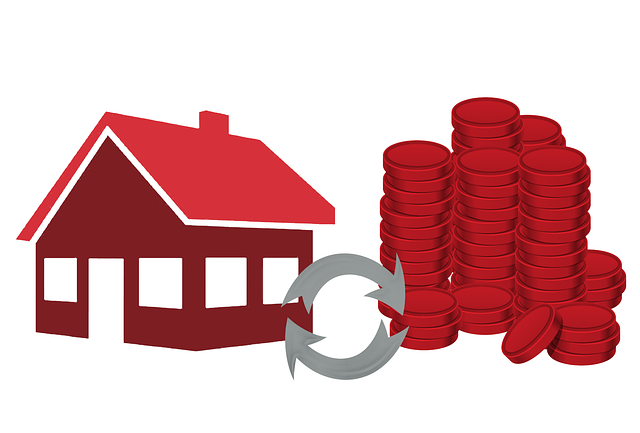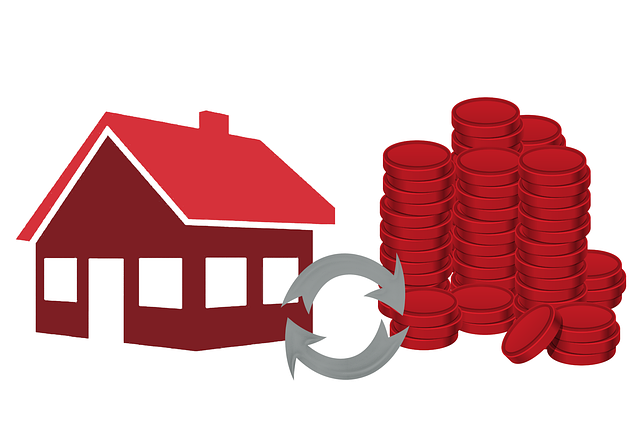Credit scores have a profound impact on loan applications, dictating terms like interest rates and loan amounts. To make informed decisions, borrowers should gather financial data from major credit bureaus and compare specific loan options. Understanding variations between credit scoring models (FICO, VantageScore) is key, as they influence loan conditions differently based on calculated risk. By comprehending the relationship between credit scores and loan terms, individuals can strategically negotiate better deals, access suitable funding for significant purchases, and save money over time through responsible financial practices that enhance their creditworthiness.
Understanding your credit score is pivotal when navigating various funding options, as it significantly influences loan terms and interest rates. This article guides you through the process of comparing credit scores to unlock the best financing deals. We’ll explore how your credit score impacts loans, step through gathering financial data, dissect different credit scoring models, and provide strategies to enhance your score. By following these steps, you can make informed decisions when choosing funding options.
- Understanding Credit Scores and Their Impact on Loans
- Gathering Your Financial Information
- Evaluating Different Types of Credit Scores
- Comparing Credit Scores Across Funding Options
- Enhancing Your Credit Score for Better Loan Terms
Understanding Credit Scores and Their Impact on Loans

Credit scores are a numerical representation of an individual’s financial health and creditworthiness, playing a pivotal role in various loan applications. They are calculated based on a person’s credit history, including repayment records, outstanding debt, length of credit history, types of credit used, and new credit inquiries. The impact of credit scores on loans is significant; lenders use these scores to assess the risk associated with extending credit to borrowers.
A higher credit score generally indicates better financial behavior, which can result in more favorable loan terms such as lower interest rates, larger loan amounts, and more flexible repayment options. Conversely, a low credit score may lead to higher interest rates, smaller loan limits, and stricter repayment conditions. Understanding the correlation between credit scores and loans is crucial for borrowers, enabling them to make informed decisions regarding their financial commitments and take proactive steps to improve their creditworthiness.
Gathering Your Financial Information

Before diving into comparing credit scores, it’s crucial to gather your financial information. This includes obtaining copies of your credit reports from the major credit bureaus (Equifax, Experian, and TransUnion). These reports will detail your credit history, including payment patterns, outstanding debt, and the age of your accounts. Additionally, collect details on the loans you’re considering—their types, interest rates, repayment terms, and any associated fees. Understanding how credit scores impact on loans is essential; lenders use these scores to assess risk and determine loan eligibility and terms. Therefore, a solid grasp of your financial data allows for informed comparisons between funding options.
Evaluating Different Types of Credit Scores

When comparing credit scores for funding options, it’s crucial to understand that not all credit scores are created equal. Different types of credit scores exist, each with its own impact on loans and financial decisions. FICO scores, for instance, are widely used in the U.S. and are calculated based on payment history, amounts owed, length of credit history, new credit, and mix of credit types. These factors can significantly influence loan terms and interest rates. On the other hand, VantageScore offers a slightly different approach, considering similar aspects but with some variations in weightings, which can result in differences when applying for loans.
Evaluating these distinctions is vital as it affects how lenders perceive your creditworthiness. A higher credit score generally indicates better financial health and reduces the risk for lenders, potentially leading to more favorable loan conditions. Conversely, lower scores may result in higher interest rates or stricter borrowing terms. Thus, understanding the nuances between different credit scores can empower individuals to make informed choices when exploring various funding options.
Comparing Credit Scores Across Funding Options

When evaluating different funding options, understanding how credit scores impact on loans is crucial. Lenders often use credit scores as a primary indicator of an individual’s financial reliability and risk level. A higher credit score generally signifies better financial health and a lower risk to the lender, which can result in more favorable loan terms such as lower interest rates and higher borrowing limits. Conversely, a lower credit score may lead to less attractive loan conditions or even denial of certain funding options.
Comparing credit scores across various funding sources allows borrowers to shop around for the best deals. It’s important to check your credit report from each of the major credit bureaus before applying for loans. Small variations in your score between reports can occur, and knowing this information empowers you to negotiate better terms or explore alternative lenders if necessary. This strategic approach ensures that you secure the most suitable funding options aligned with your financial needs and goals.
Enhancing Your Credit Score for Better Loan Terms

Improving your credit score can significantly enhance your loan options and secure better terms. Lenders often use credit scores as a primary indicator of an individual’s financial health and risk, so a higher score means better access to funds and potentially lower interest rates. One effective strategy is to regularly review your credit report for errors or discrepancies; correcting these can instantly boost your score. Additionally, paying bills on time, reducing debt, and keeping credit card balances low are proven methods to improve and maintain a strong credit score. These practices demonstrate responsible financial behavior, which appeals to lenders.
Over time, these positive actions will have a substantial impact on your credit scores, making it easier to secure loans with more favorable terms. This is particularly important when considering larger purchases like homes or cars, where better loan conditions can save you thousands over the life of the loan. So, prioritizing credit score health is a smart financial move that opens doors to various funding options.






